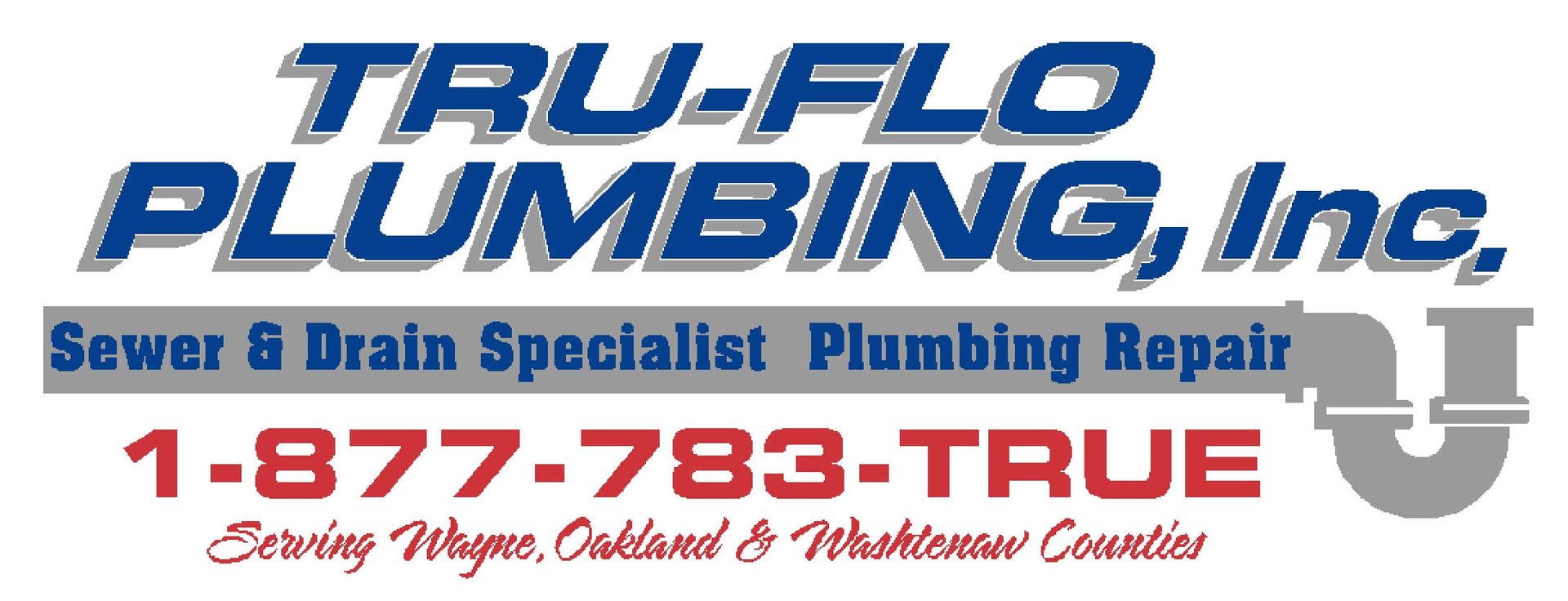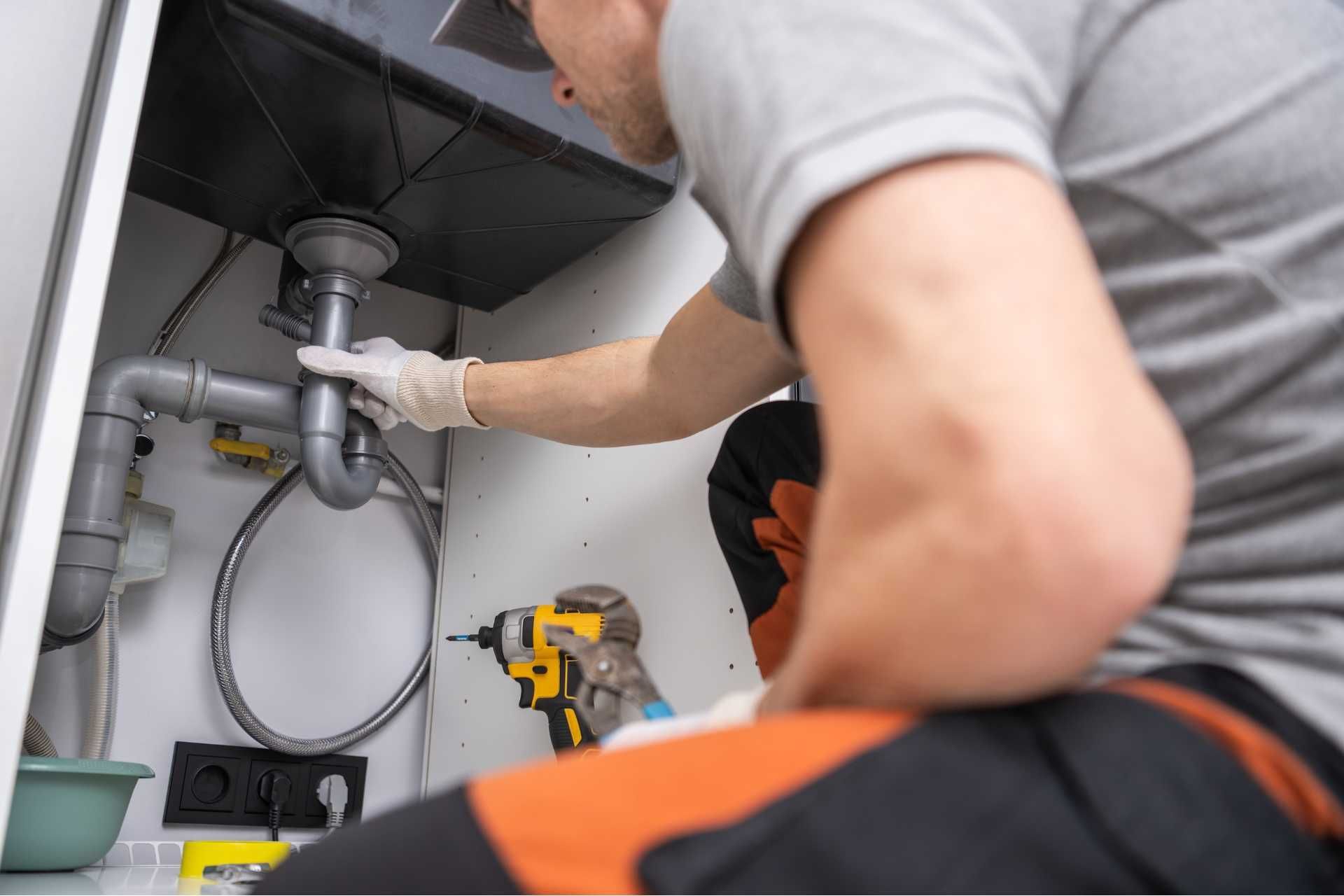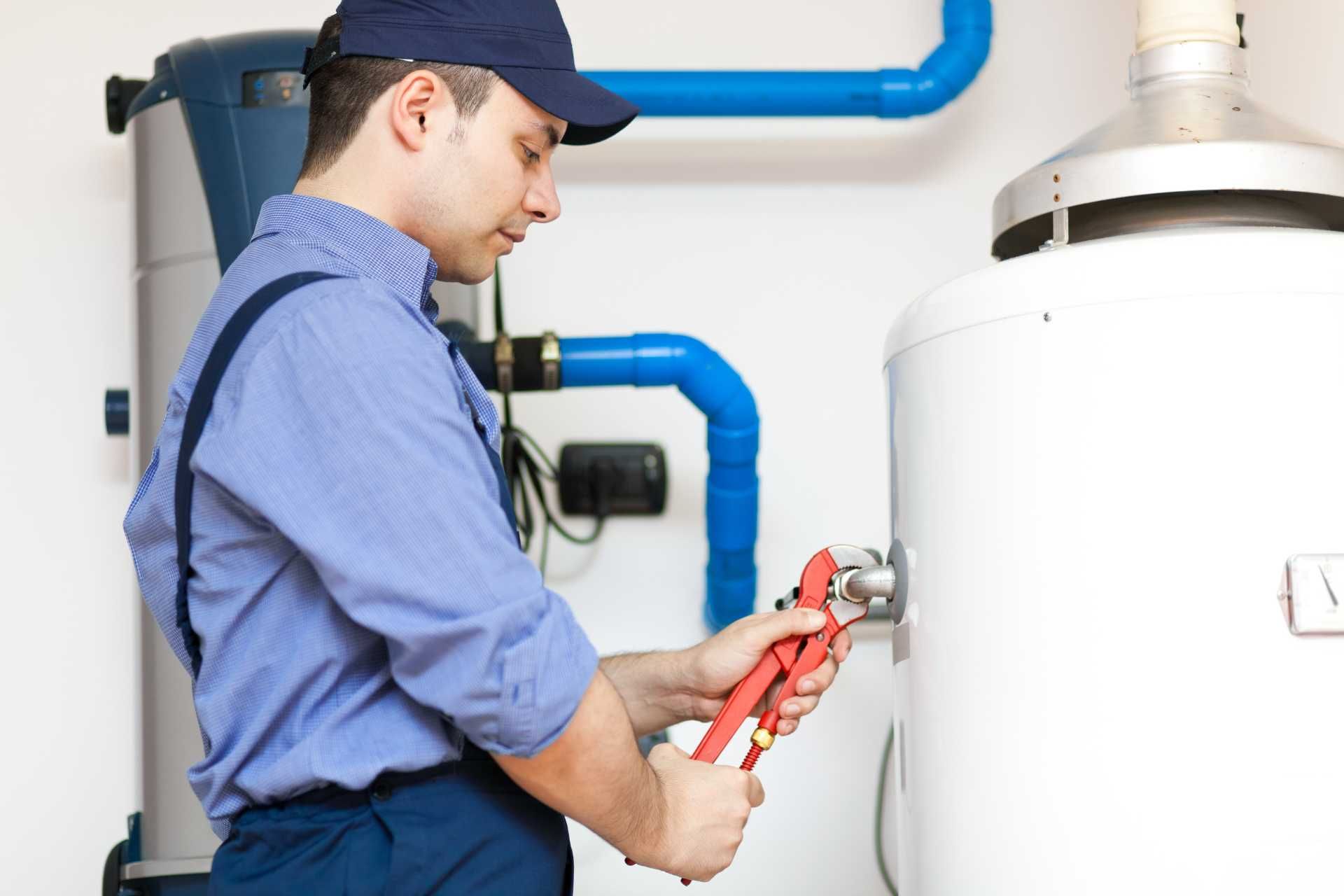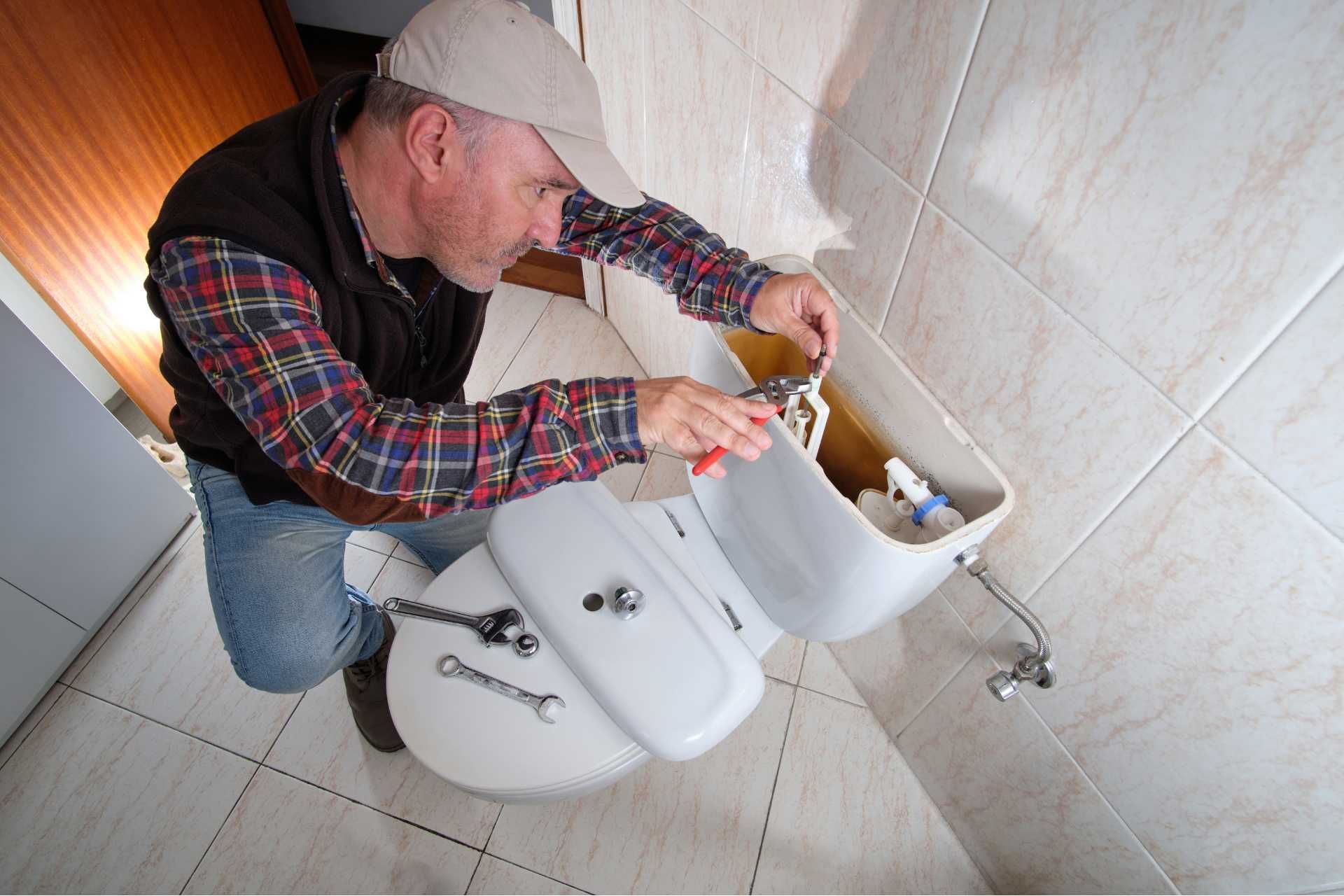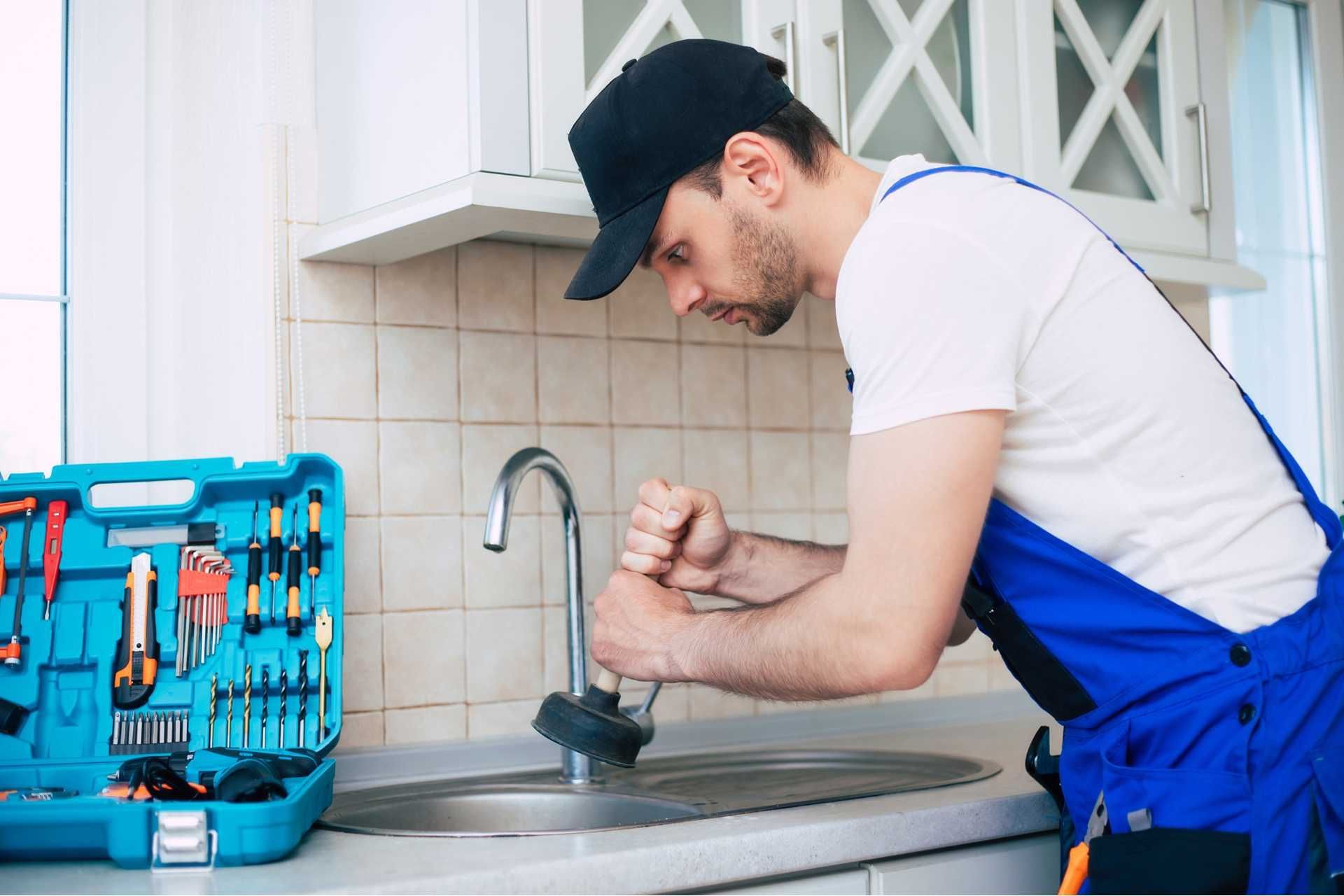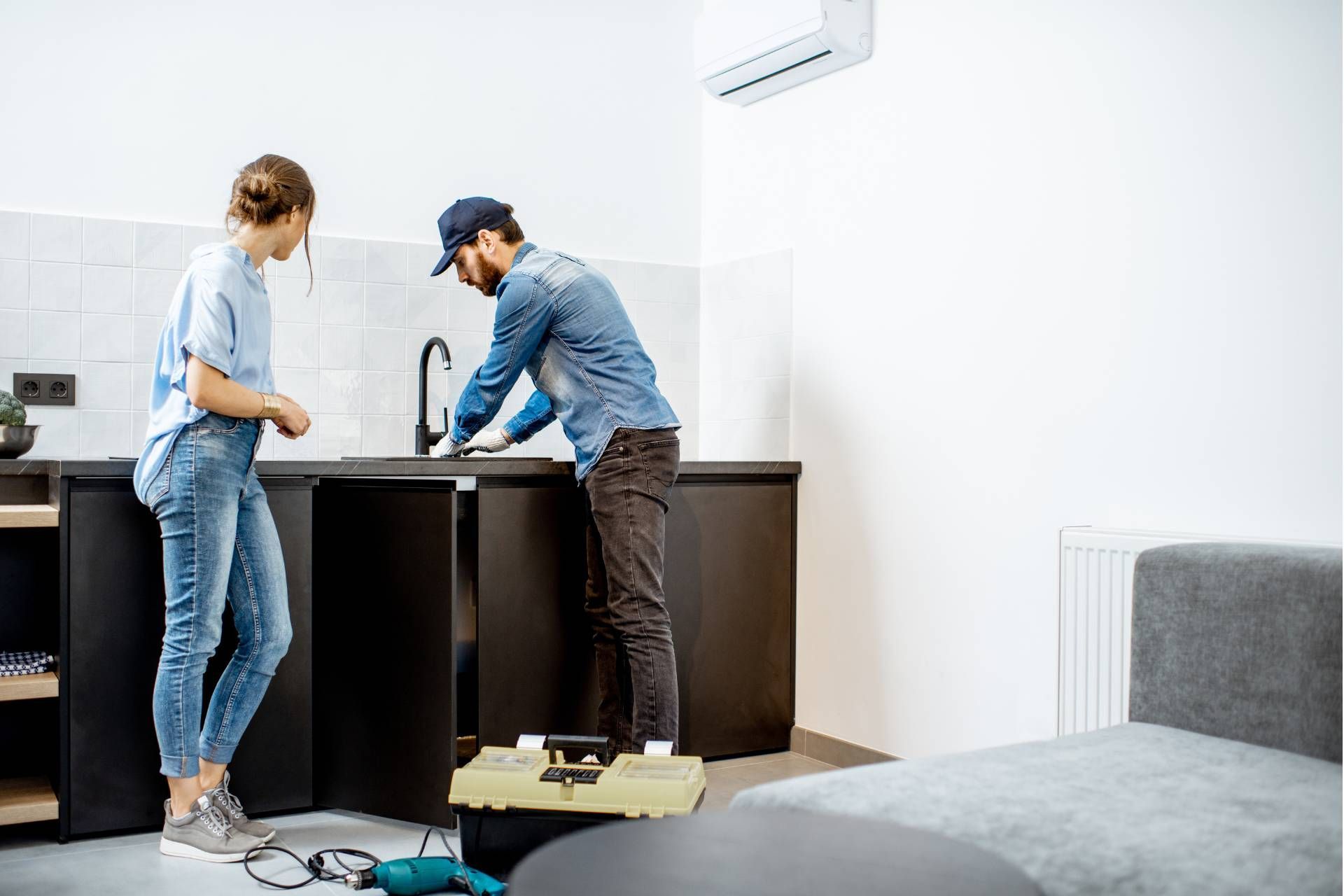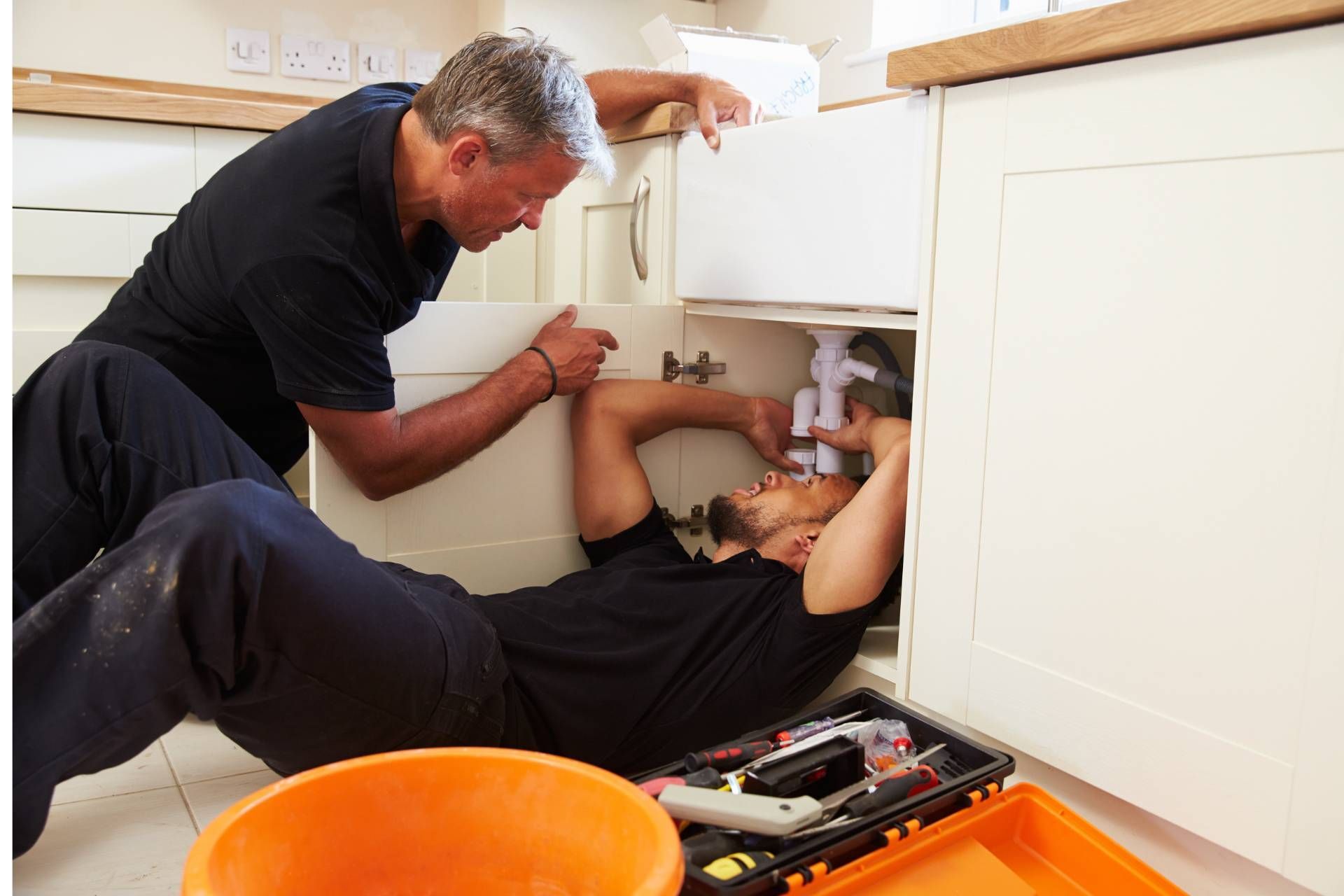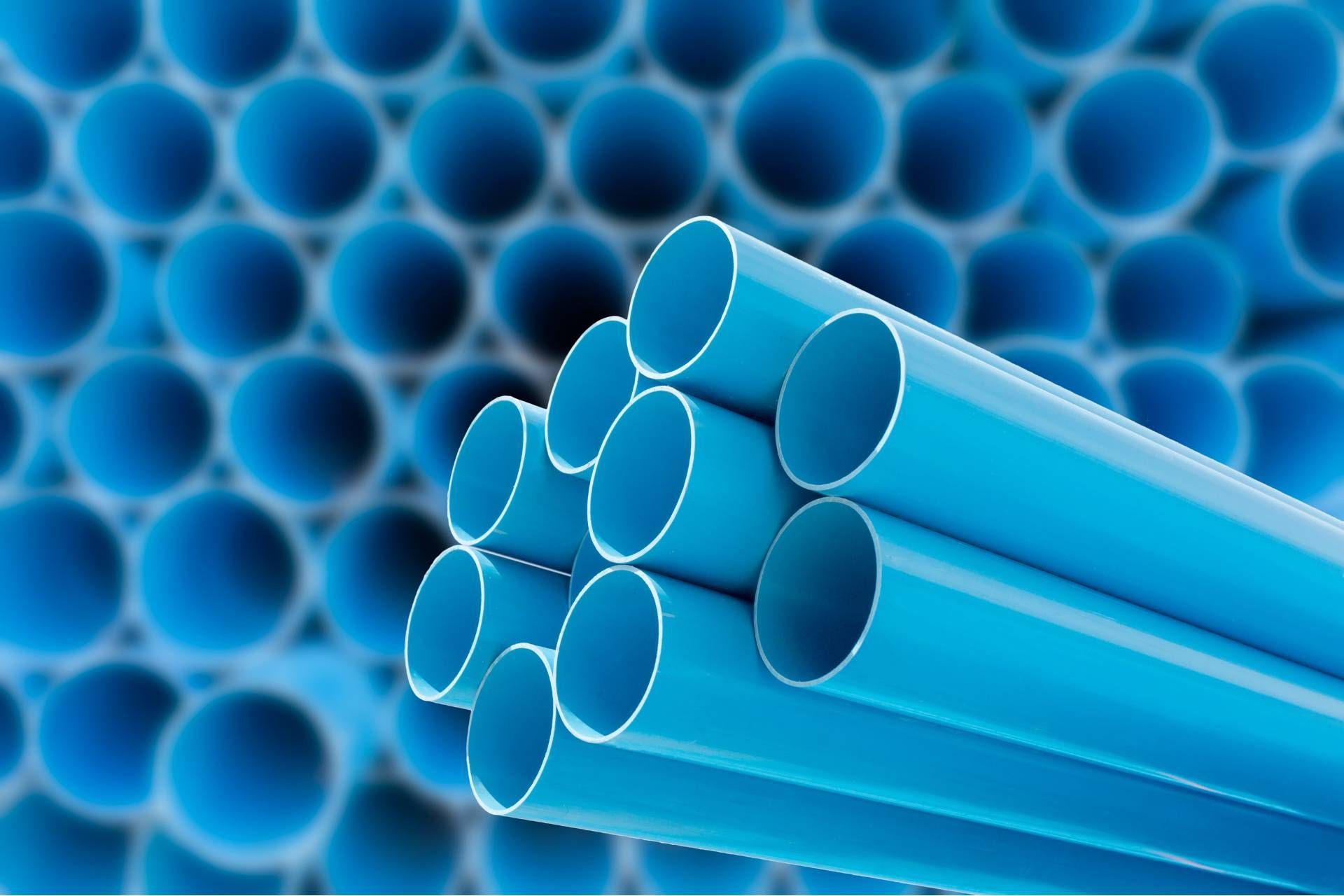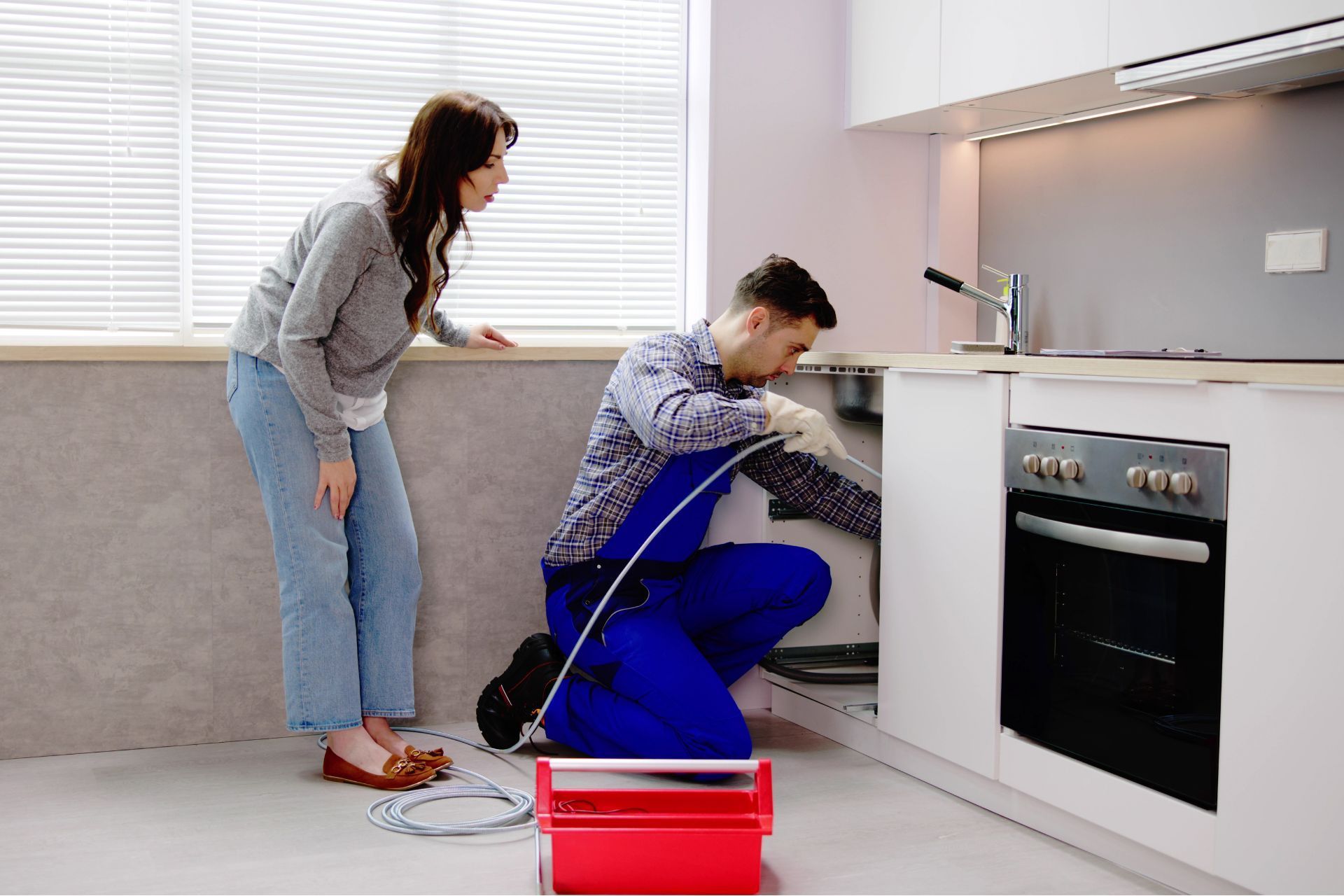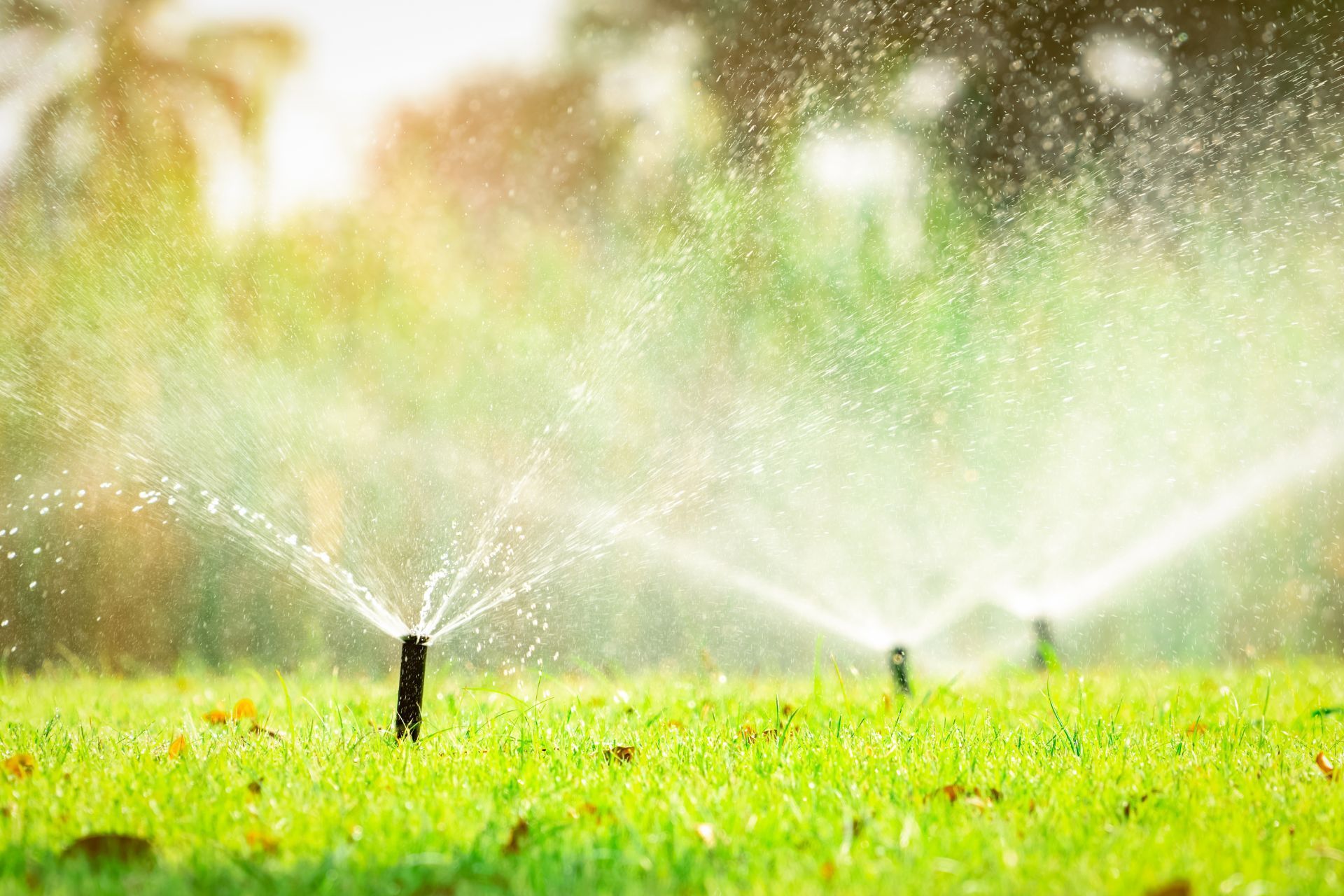What is Commercial Plumbing
Imagine a bustling city where skyscrapers stand tall and office buildings hum with activity. Just like the intricate network of power lines that keep the lights on, commercial plumbing systems are the unseen heroes ensuring smooth operations behind the scenes.
Commercial plumbing is a specialized branch of plumbing that focuses on servicing and maintaining plumbing systems in commercial buildings and properties. This includes office buildings, hotels, restaurants, hospitals, schools, and other large-scale structures.
Unlike residential plumbing, which deals with smaller and simpler systems, commercial plumbing involves complex networks of pipes, valves, fixtures, and appliances that must meet code regulations and accommodate high usage demands.
So, what exactly goes into keeping these essential systems running smoothly? Let's explore the complex world of commercial plumbing and why expertise in this field is crucial for businesses of all sizes.
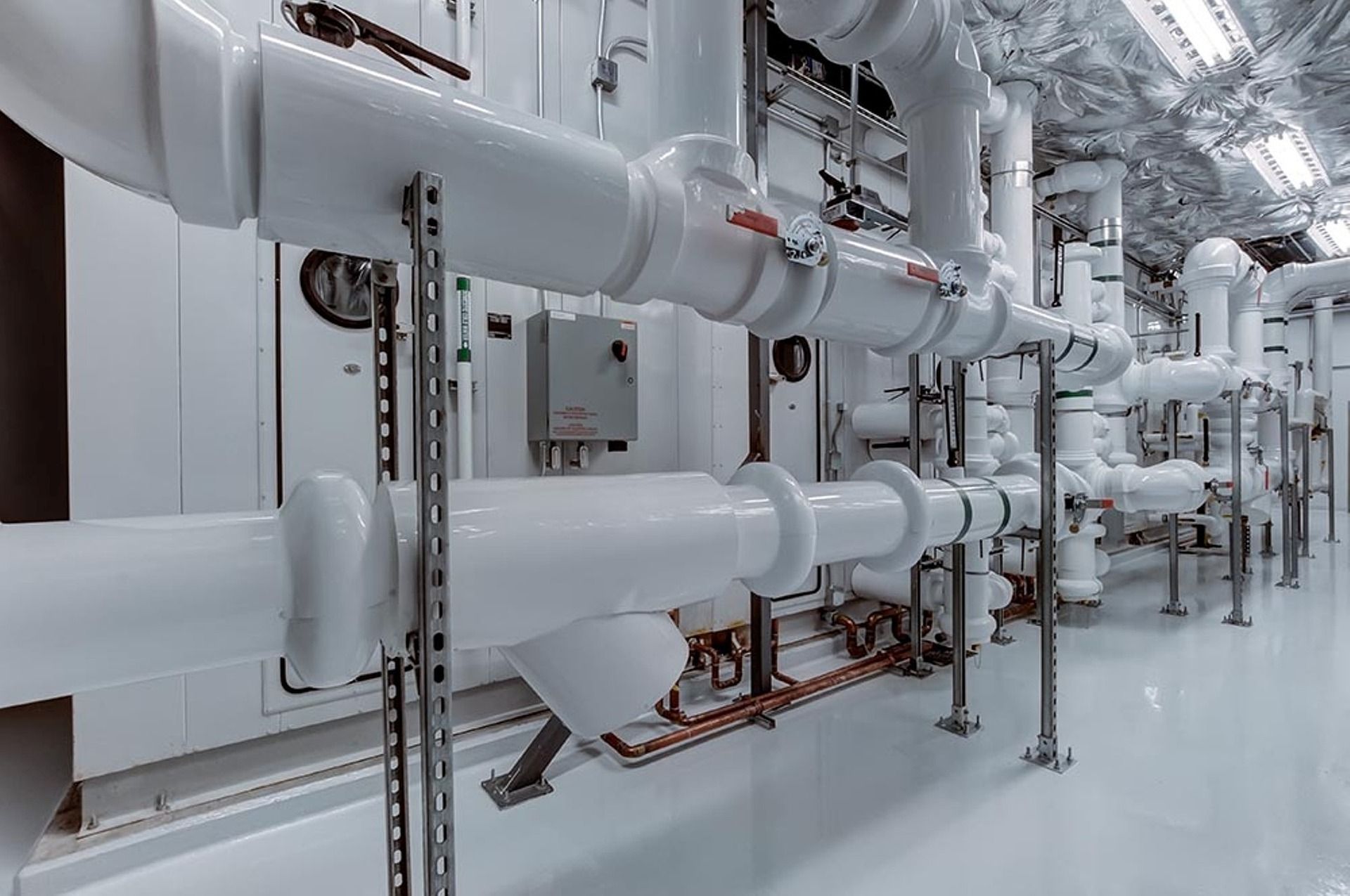
What Is Commercial Plumbing?
Commercial plumbing is a specialized field within the plumbing industry that focuses on the plumbing needs of commercial properties and industrial facilities.
When tackling commercial plumbing, understanding the fundamental components is crucial for efficient maintenance and problem-solving. Commercial plumbing maintenance involves regular inspections, pipe cleaning, and fixture repairs to ensure smooth operations. Adhering to commercial plumbing regulations is essential to guarantee compliance with safety standards and avoid potential fines or penalties. Proper maintenance not only enhances the longevity of your plumbing system but also safeguards the health and well-being of occupants in the commercial space.
Commercial plumbing systems are designed to handle high volumes of water and waste, as well as high pressure and temperature variations. These systems are usually more sophisticated and require specialized knowledge and skills to install, repair, and maintain.
What Does Commercial Plumber Do?
When it comes to maintaining and repairing the plumbing systems in commercial properties, a commercial plumber plays a crucial role. These skilled professionals are responsible for ensuring that the plumbing systems in businesses, offices, hospitals, schools, and other commercial buildings are functioning properly and efficiently.
So, what exactly does a commercial plumber do? Here are some of the key duties and responsibilities of a commercial plumber:
Installations: One of the primary roles of a commercial plumber is to install new plumbing systems in commercial buildings. This includes installing pipes, fixtures, fittings, and other components to ensure that water and wastewater can flow properly throughout the building.
Repairs: Commercial plumbers are also responsible for repairing any issues that may arise with the plumbing systems in commercial buildings. This may include fixing leaks, clogs, broken pipes, or malfunctioning fixtures.
Maintenance: Preventative maintenance is key to keeping commercial plumbing systems in good working order. Commercial plumbers perform regular maintenance tasks such as inspecting pipes, flushing water heaters, and checking for potential issues before they become major problems.
Backflow Prevention: Commercial plumbers are also trained in backflow prevention, which is essential for preventing contaminated water from flowing back into the clean water supply. They install and maintain backflow prevention devices to protect the health and safety of building occupants.
Fire Sprinkler Systems: Many commercial buildings are equipped with fire sprinkler systems, which require regular maintenance and inspection to ensure they are functioning properly. Commercial plumbers are trained to work on these systems and ensure they are up to code.
Types of Commercial Plumbing Systems
When it comes to commercial buildings, having a reliable and efficient plumbing system is essential. There are several different types of commercial plumbing systems that are commonly used in various types of commercial properties.
One of the most common types of commercial plumbing systems is the conventional plumbing system. This system consists of a network of pipes that distribute water throughout the building, as well as drain waste and vent pipes that remove waste and odors from the building. Conventional plumbing systems are typically used in smaller commercial properties, such as restaurants, small office buildings, and retail stores.
Another type of commercial plumbing system is the high-rise plumbing system. This type of system is specifically designed for tall buildings, such as skyscrapers and multi-story office buildings. High-rise plumbing systems use special pumps and pressure tanks to ensure that water can be delivered to upper floors with sufficient pressure. These systems also include extra safety features to prevent leaks and other issues in such tall buildings.
For industrial properties, process piping systems are often used. These systems are designed to transport liquids, gases, or other substances used in manufacturing processes. Process piping systems must be carefully designed and maintained to ensure that they meet the specific needs of the industrial facility and comply with safety and environmental regulations.
Some commercial properties may also use specialized plumbing systems, such as rainwater harvesting systems or greywater recycling systems. These systems are designed to capture and reuse water for irrigation, cooling, or other purposes, reducing water consumption and waste. While these systems may require additional upfront costs, they can provide long-term cost savings and environmental benefits.
The type of plumbing system that is most suitable for a commercial property will depend on factors such as the size of the building, its intended use, and any specific requirements or regulations that need to be met. Property owners and managers should work with a qualified plumber or plumbing contractor to assess their plumbing needs and determine the best system for their property.
Commercial Plumbing and Residential Plumbing Differences
One of the main differences between commercial and residential plumbing is the size and scale of the systems. Commercial buildings, such as office buildings, restaurants, and hotels, require larger and more complex plumbing systems to accommodate a higher volume of water usage. This means that commercial plumbing systems are typically larger and more robust than residential systems, with larger pipes, more fixtures, and additional features such as grease traps and backflow prevention devices.
Commercial buildings often have specialized fixtures and appliances that are specifically designed for high-volume use, such as commercial-grade water heaters, dishwashers, and toilets. These fixtures are typically more durable and long-lasting than their residential counterparts, due to the frequent use and higher demands placed on them.
Commercial plumbing systems also have different rules and regulations that govern their installation and maintenance. Commercial buildings are subject to building codes and regulations set by local authorities, which often have stricter guidelines for commercial buildings than for residential buildings. This means that commercial plumbing systems must meet certain standards and requirements to ensure the safety and efficiency of the building's plumbing system.
Importance of Professional Commercial Plumbers
Professional commercial plumbers play a crucial role in ensuring the efficient operation and maintenance of complex plumbing systems in commercial establishments. Contrary to common misconceptions that anyone can handle commercial plumbing issues, hiring a professional plumber is essential due to their specialized skills and expertise.
These experts undergo rigorous training and have the knowledge to tackle intricate commercial plumbing systems effectively. One of the significant advantages of relying on professional commercial plumbers is the cost benefits they bring. While it may seem cheaper to attempt plumbing repairs in-house, improper fixes can lead to more extensive damage and costly repairs in the long run.
Professional plumbers not only provide quality work but also offer long-term solutions that can save you money by preventing recurring issues. By entrusting your commercial plumbing needs to skilled professionals, you ensure the smooth operation of your plumbing systems and avoid unnecessary expenses.
Tru Flo Plumbing id Here to Help
Tru Flo Plumbing is a trusted and experienced commercial plumbing company that has been providing top-notch plumbing services to businesses in the area for years. With a team of skilled technicians and state-of-the-art equipment, Tru Flo Plumbing is equipped to handle any commercial plumbing issue, big or small.
With our expertise, commitment to quality, and dedication to customer service, you can trust that your plumbing needs will be met quickly and efficiently.
Contact Tru Flo Plumbing today to schedule a consultation and get your commercial plumbing system running smoothly.
Address: 3215 Dix Hwy, Lincoln Park, MI 48146 | Phone: 1-877-783-TRUE (8783)
Copyright © 2023 Tru-Flo Plumbing, All Rights Reserved
